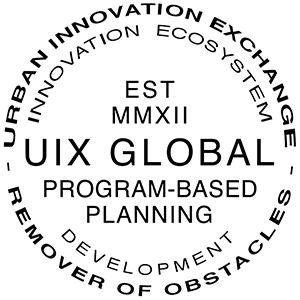MLOVE ConFestival 2015
Date: June 24th, 2015
Location: Hamburg, Germany
Host Event: MLOVE
Theme: Future Cities

Linking Smart Grid, Energy Modeling, Energy Efficiency, Bio-mass, and Transportation; Connecting the Dots for the Third Industrial Revolution in the San Francisco Bay Area
Even in the face of austerity measures, European leaders are focused on maintaining growth in the sectors of infrastructure investments and energy innovation, while simultaneously pursuing needed consolidation in other sectors. These discussions reflect the powerful influence that Jeremy Rifkin’s model for a Third Industrial Revolution (TIR) have had on the long term economic strategies that European political and industrial leaders are pursuing. While the concepts behind the TIR have not enjoyed the same acclaim in the United States, they are nevertheless gaining momentum. Smart Grid Technologies, Energy Modeling, Energy Efficiency, Bio-mass, Transportation, and green buildings are all part of the TIR vision for a future where lot-scale construction and IT innovations transform the world’s building stock into a diffused renewable energy power grid in which consumers laterally buy and sell energy.
In this talk, Greg Delaune gives an overview of how the San Francisco Bay Area has become a dynamic proving ground for the whole systems thinking that is intrinsic to the DNA of the TIR. The synergistic relationships between the Bay Area’s sociocultural, technological, and environmental realms of innovative thinking are fostering the multi-sector cooperation that will be needed to realize new models of higher education, economic development, and technology rollout. Green technologies, in particular, can be hindered by high startup costs and long-term investment return cycles. I will outline examples of public/private partnerships and the ‘outside of the box’ finance and startup accelerator strategies are being implemented to support ground breaking policies, tools and pilot projects in sustainable development. There is still much work to be done, but the concepts behind the TIR provide a roadmap for how to achieve a future where economic expansion and individual prosperity does not have to happen at the expense of environmental degradation and social injustice.

